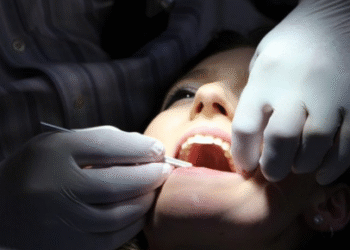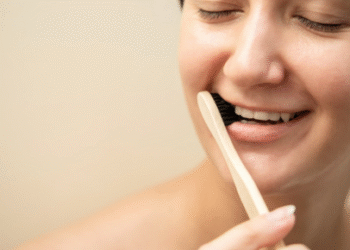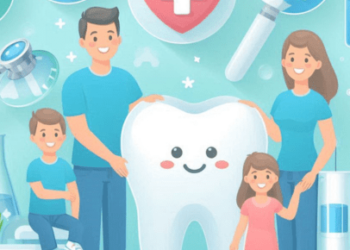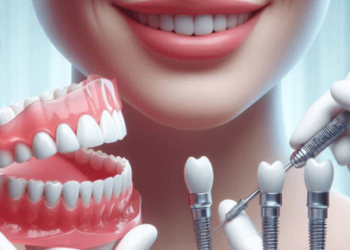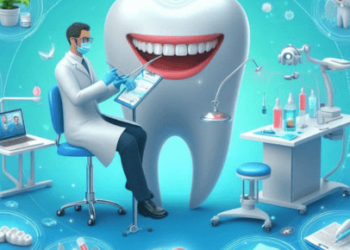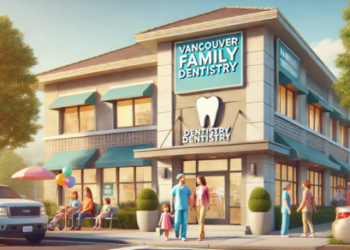Wisdom teeth, also known as third molars, are the last permanent teeth to grow. They usually erupt during the late teen years or early 20s. The eruption of wisdom teeth can cause problems like crowding, crooked teeth, or getting stuck under the gums. Dentists in Gladstone recommend removing the wisdom tooth to escape these oral health problems.
Some people question, “What happens to our teeth once the wisdom tooth is gone?” Since a whole tooth is removed from your mouth, you are bound to notice some changes. For instance, your mouth will swell and feel sore right after the surgery. It will be hard for you to clean your teeth and conduct your oral care routine for some time.
If you have gotten your wisdom tooth removed or want to remove it and have questions, visit a dentist in Gladstone today.
Immediate effects on your teeth
After your wisdom tooth is removed, you may notice a change in your tooth alignment and spacing. Wisdom teeth are often located at the back of your mouth; however, their removal can disturb the nearby teeth and cause them to shift slightly.
This may lead to a small change in your tooth alignment, especially if your teeth were already crowded before the removal. After some days of your surgery, you will experience some pain, swelling, and bruising around your extraction site. However, you should not worry. This is a part of the healing process.
It can take a few days for the swelling to go down, and you may also have some soreness or pain in the affected area. Your nearby teeth can also get impacted due to the tooth removal. You might feel pain in the nearby tooth; however, this is only a temporary issue. This will fade as your mouth heals.
Long-term effects on your oral health
After your wisdom teeth removal, there can be long-term effects on your oral health. One benefit is that you will experience improvement in your bite and overall teeth alignment. If your wisdom teeth were causing crowding or pressure on other teeth, their removal could help create more space. However, there is also a risk of shifting teeth over time.
When the wisdom teeth are removed, they leave a gap behind. If you do not take proper care or visit the dentist for follow-up, the remaining teeth in your mouth may gradually shift into that space. This can lead to changes in your bite or alignment, especially if you already had misaligned teeth or braces earlier.
Retained wisdom teeth, or wisdom teeth that are not removed can lead to future oral health issues. These teeth may not fully emerge from the gums, which can lead to pain, infection, or damage to your nearby teeth. Moreover, wisdom teeth that have partially erupted can also create hard-to-clean pockets, which can lead to tooth decay or gum issues.
Maintaining oral health post-surgery
It is very important to take good care of your mouth after your tooth removal surgery. This will improve your healing speed and help avoid any issues. Make sure you follow your dentist’s advice properly. Many dentists advise not to brush at the extraction sites for a few days to prevent irritation.
However, you can rinse your mouth with warm salt water to clean the extraction area. It is also advised to stay away from crunchy and sticky foods for a few days and eat soft foods like yogurt, bananas, etc.
Moreover, you should not skip any appointments and visit your dentist for follow-ups. This will allow them to check your healing progress and make sure no infection occurs.
Protect your oral health after wisdom tooth removal!
Whether you have had your wisdom tooth removed recently or want to get it removed, a dentist can answer your questions. Visit a dental clinic today!

